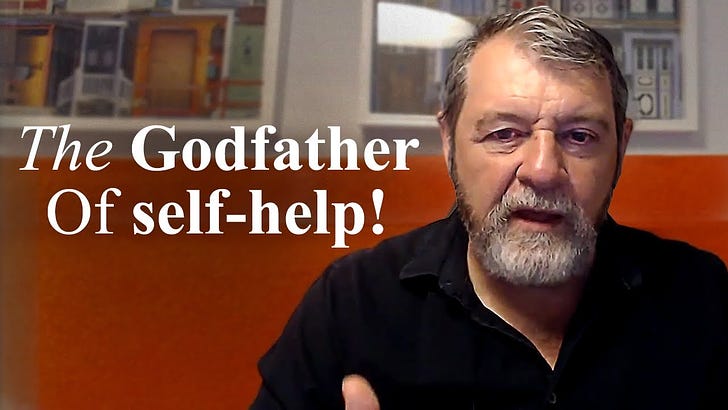Video: Socrates and Self-Help
Watch my conversation with William Mulligan of the Everyday Stoic
William asked me “Do you have a problem with self-help?” That’s a great question! Answer: Yes and no. I love self-help books but I also think there’s obviously something fundamentally wrong with the whole self-help industry. Check out the video below to watch our recent conversation.
Therapists today often see clients who have read many self-improvem…
Keep reading with a 7-day free trial
Subscribe to Stoicism: Philosophy as a Way of Life to keep reading this post and get 7 days of free access to the full post archives.




